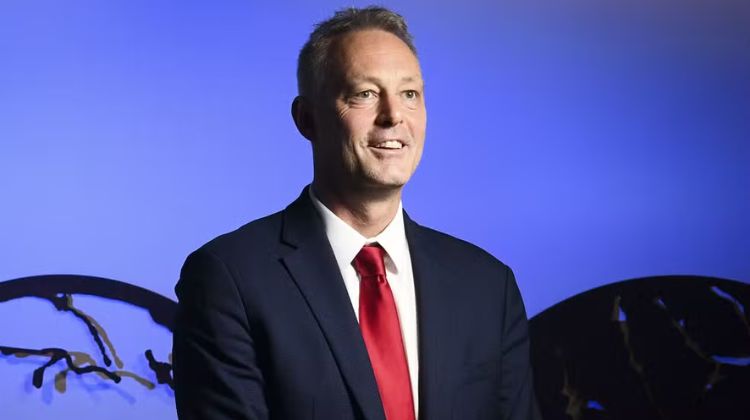Latin America and the Caribbean are uniquely positioned to lead the global energy transition, thanks to an exceptionally clean electricity matrix and growing prominence in the international energy agenda. This was the assessment shared by Espen Mehlum, Head of Energy at the World Economic Forum (WEF), in an interview with Energía Estratégica during the 10th Energy Week.
“This is the region with the cleanest electricity mix in the world, with 70% of power generation coming from renewables,” Mehlum noted. Countries such as Uruguay already reach 99%, while Brazil is approaching 90%, significantly above global averages.
From this strong starting point, the challenge now lies in consolidating leadership. “To move to the next level, more investment must be attracted, and the business case for companies must be solid,” he explained. However, the regional context remains diverse. “Each country has different capital costs, energy markets, and regulatory structures,” he added, highlighting the need for tailored strategies.
In this context, Brazil has emerged as a key player. “It is a large market with strong conditions to attract investment. But it’s not the only one – other countries are also well positioned to move forward,” the WEF executive stated.
A region that must pick up the pace
The World Economic Forum publishes the Global Energy Transition Index annually, evaluating 118 countries based on 43 indicators covering sustainability, energy security, access, policy, infrastructure, financing, and human capital. “Brazil is among the top performers globally,” Mehlum pointed out. Nevertheless, progress across the region has stalled. “Now is the time to really push forward the transition in a comprehensive way,” he warned.
According to Mehlum, the transition is not solely about the percentage of clean energy, but also about institutional capacity to sustain it over time. Sound policies, stable regulatory frameworks, and investment in talent and technology are essential. “Do you have the human capital required? That’s a key question,” he asked.
Another pillar is international cooperation. “Energy is a global issue. There are fuel markets, electricity markets, and technology markets that are already interconnected,” he explained. Therefore, dialogue between regions and exchange of policy approaches are essential, both to leverage synergies and to unlock new opportunities.
One of the emerging themes is energy storage. “It’s crucial for providing system flexibility and stability, and for enhancing the value of renewables,” he stated. While batteries are one option, he also mentioned hydropower as an effective and flexible storage method. “What matters is developing these capabilities and creating incentives for companies to invest in them,” he added. As an example, he cited Uruguay, which, despite having a near-total renewable mix, has achieved efficient system performance with very limited storage, relying instead on diversified sources and regional interconnection.
Finally, Mehlum highlighted that Brazil is playing an increasingly important international role. “They’ve hosted the G20, the COP, and launched the Global Coalition for Energy Planning. It’s a clear example of leadership from the region,” he stressed. And he concluded: “The global energy system is shifting. This is a decisive moment for Latin American countries to advance from a position of strength.”































